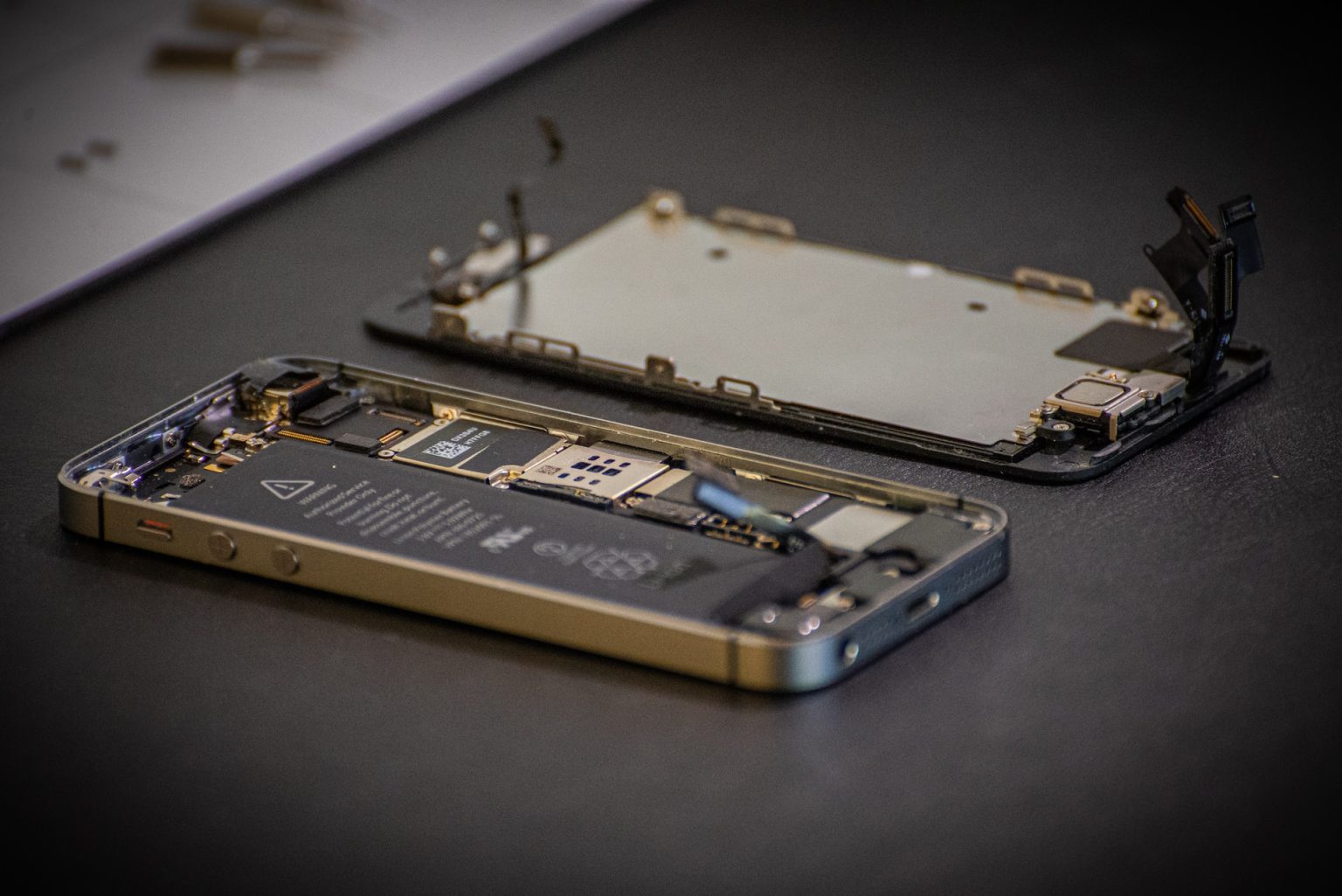The European Union Parliament has adopted new regulations for the design, manufacture, and recycling of all types of batteries sold within the EU. This decision will impose stricter environmental and due diligence requirements on battery manufacturers selling in the European market. The newly approved agreement received a robust endorsement from MEPs, with 587 votes in favor, nine against, and 20 abstentions. It is set to be published in the EU’s Official Journal soon after the Council’s formal endorsement and will then come into effect.
The new regulations were built on the mandatory sustainability criteria for batteries proposed by the EU Commission at the end of 2020. Interestingly, the Parliament and Council have now agreed on recycling quotas that surpass the original specifications drafted by the Commission.
Key elements of the EU Battery Regulation include mandatory declaration and labeling of the carbon footprint for traction batteries of electric vehicles, as well as batteries for lighter means of transport such as electric scooters and bicycles. A digital battery passport will also be required for these battery types, starting from mid-2024. This passport will provide information on the carbon footprint of the batteries from raw material extraction to production and recycling.
The new rules also outline recycling requirements for certain materials used in batteries. By 2027, 50% of lithium and 90% of cobalt, copper, lead, and nickel must be recovered from spent batteries. These targets rise to 80% for lithium and 95% for the other materials by 203.
Moreover, a certain proportion of these recovered substances is mandated for use in new batteries. Minimum requirements will become valid eight years after the regulation takes effect, likely in 2031. The proportions are set at 16% for cobalt, 85% for lead, and 6% each for lithium and nickel. Thirteen years after implementation, around 2036, they will rise to 26% for cobalt, 12% for lithium, and 15% for nickel, while the lead quota remains the same.
The regulations include provisions for stricter due diligence for battery stakeholders in ecological and social areas. Market participants will need to verify the origin of the raw materials they use and the working conditions in their supply chain. However, an exception has been made for small and medium-sized enterprises.
EU Parliamentarian Achille Variati commented on the result, stating, “For the first time, we have circular economy legislation that covers the entire life cycle of a product – an approach that is good for both the environment and the economy. Our overall aim is to build a stronger EU recycling industry, particularly for lithium, and a competitive industrial sector as a whole, which is crucial in the coming decades for our continent’s energy transition and strategic autonomy. These measures could become a benchmark for the entire global battery market”.

